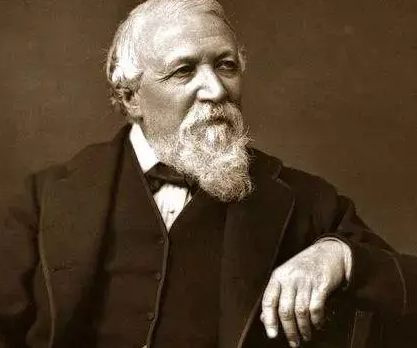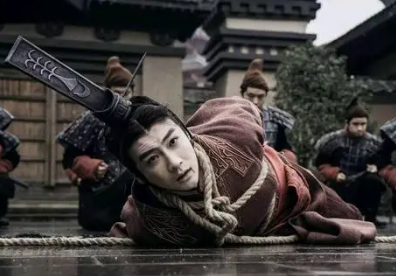Emperor Kangxi, the second emperor of the Qing Dynasty, whose reign period was praised as the "Kangxi-Qianlong Prosperity", was a period of prosperity in Chinese history. However, among his descendants, there was a prince named Yinxi, the 14th son of Emperor Kangxi, who never became the crown prince. The reason for this has always been the focus of attention for historians and readers. So, why didn't Emperor Kangxi appoint the 14th son, Yinxi, as the crown prince? What were his considerations?

First, we need to understand that during Emperor Kangxi's reign, he had 24 sons. Among them, the 14th son, Yinxi, was the 14th son of Emperor Kangxi. He was appointed as a prince in the 54th year of Emperor Kangxi's reign, with a status second only to the crown prince. However, despite his favor from the emperor in his later years, Emperor Kangxi never appointed him as the crown prince.
The main reason why Emperor Kangxi did not appoint the 14th son, Yinxi, as the crown prince was due to his personality and abilities. According to historical records, Yinxi had a strong personality, was reckless in his actions, and was not good at handling government affairs. During Emperor Kangxi's reign, he always emphasized that the princes should have profound knowledge and noble qualities, able to understand reason, be lenient, and have love. Therefore, he believed that the personality and abilities of Yinxi were not suitable for becoming the crown prince.
In addition, when choosing a crown prince, Emperor Kangxi would also consider the political balance of the court. During his reign, the power struggle within the court was very fierce. If Yinxi were appointed as the crown prince, it might have triggered new conflicts and affected the stability of the court. Therefore, Emperor Kangxi chose the fourth prince, Yinzhen (later Emperor Yongzheng), who had a stable personality and political wisdom, as the crown prince.
Overall, Emperor Kangxi did not appoint the 14th son, Yinxi, as the crown prince mainly due to his considerations of Yinxi's personality and abilities, as well as the political stability of the court. This also reflects Emperor Kangxi's wisdom as a monarch. When choosing the successor to the throne, he not only valued blood relations but also emphasized the moral character and abilities of the princes.
Disclaimer: The above content is sourced from the internet and the copyright belongs to the original author. If there is any infringement of your original copyright, please inform us and we will delete the relevant content as soon as possible.
































